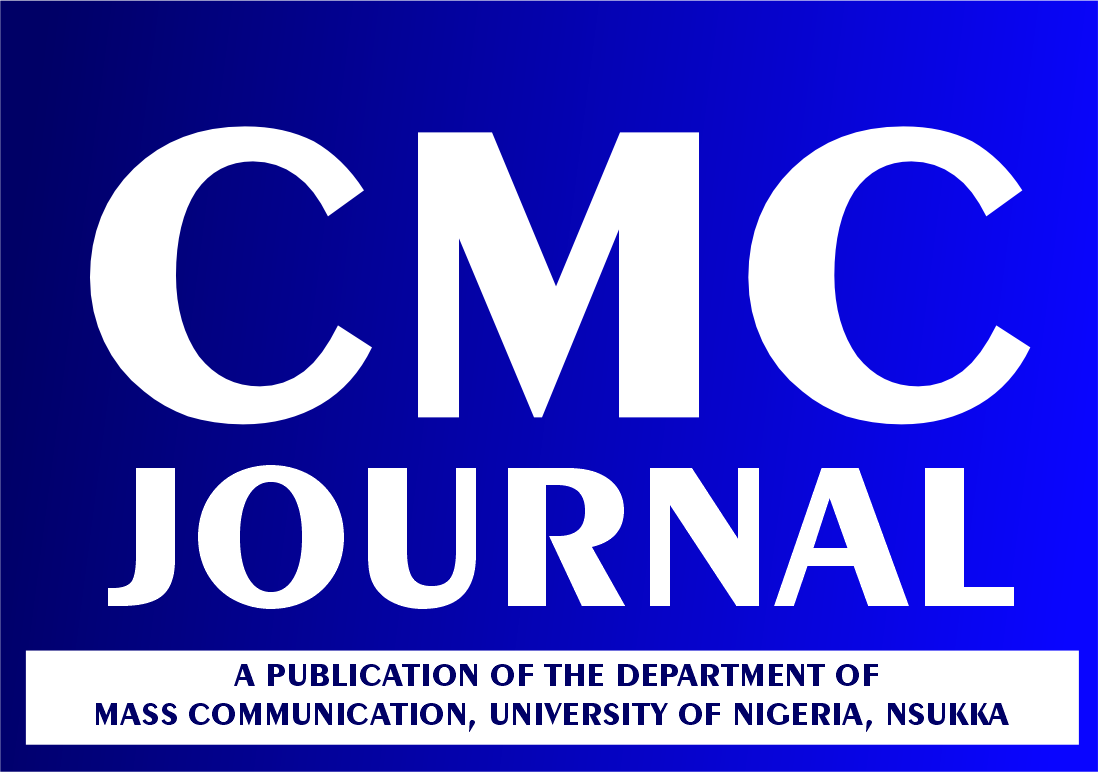EVALUATION OF THE IMPLICATION OF ARTIFICIAL INTELLIGENCE ON EDUCATION IN NIGERIA
Author(s) Name:
Doowuese Emilia Ngutswen University of Nigeria, Nsukka doowuese.ngutswen.Msc.96105@unn.edu.ng Israel Jonah University of Nigeria Nsukka Israel.jonah.pg95935@unn.edu.ng
Elijah Amogu, Maduka University,
Ekwegbe Nsukka Elijahamoguspice@gmail.com
Year of Publication:
2024
Volume:
Vol. 1. August, 2024

Abstract
his study evaluates the impact of artificial intelligence (AI) on education and explores the potential threats it poses in the 21st-century knowledge economy. Employing Sociocultural Theory, Humanistic Theory, and Technological Determinism, the research delves into the complexities of AI integration in educational contexts. Utilizing a qualitative research methodology, the study highlights the significant shift towards an information-driven economy where AI enhances efficiency by automating routine tasks and providing rapid access to information. AI-powered technologies, such as chatbots and virtual assistants, offer personalized learning experiences and instant feedback, thereby enriching the educational process. However, these advancements come with challenges. A primary concern is the potential displacement of educators, as sophisticated AI systems may threaten their jobs. Additionally, AI can perpetuate existing biases inherent in the data it is trained on, potentially reinforcing social and cultural stereotypes and limiting students’ exposure to diverse perspectives. Addressing these issues requires proactive efforts from educators and developers to create unbiased AI systems and ensure the promotion of a wide range of ideas and viewpoints. While AI presents substantial opportunities for enhancing education, it also poses risks to traditional teaching methods, critical thinking skills, and job security for educators. Embracing AI as a complementary tool rather than a replacement for human interaction and guidance is crucial. By fostering unbiased AI systems and promoting critical thinking, education can successfully adapt and flourish in the 21st-century knowledge economy.
Keywords
AI, Education, Knowledge Economy, Sociocultural Theory,
Editorial Team
Editor-in-Chief
Prof. Michael O. Ukonu
Deputy Editor-in-Chief
Dr Blessing Chinweobo-Onuoha
Associate Editors
Prof. L.I. Anorue
Prof. J. Wogu
Prof. G. Ezeah
Prof. C.C. Okpoko
Review
Dr Chidiebere Nwachukwu
Dr Ozioma Nwokedi
Dr Victor Nwogbo
Dr Belinda Anyakoha
Dr Uchenna Eze
Dr Ike Ugbor
Secretary
Dr Stephen Ogbodoh
Design Editor
Dr Ike Elike
Business Manager
Dr Martin Ezugwu
Editorial Consultants
Prof. Nnanyelugo Okoro, Department of Mass Communication, University of Nigeria, Nsukka, Enugu State
Professor Sunny Udezeh, Department of Mass Communication, Enugu State University of Science and Technology, Enugu, Enugu State
Professor Ezekiel Asemah, Vice Chancellor’s Office, Glorious Vision University, Benin, Edo State
Professor Jude Terna Kur, Department of Information Science and Media Studies, Federal University of Technology, Minna, Niger State
Prof. Rotimi Williams Olatunji, School of Communications, Lagos State University, Ojo, Lagos State
Prof Walter IhejirikaDr. Chukwujekwu Charles Onwuka Department of Sociology, Chukwuemeka Odumegwu Ojukwu University, Igbariam Campus. Email: cc.onwuka@coou.edu.ng
WhatsApp no: 08064396459
